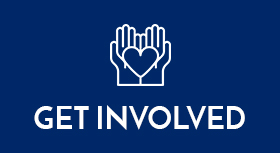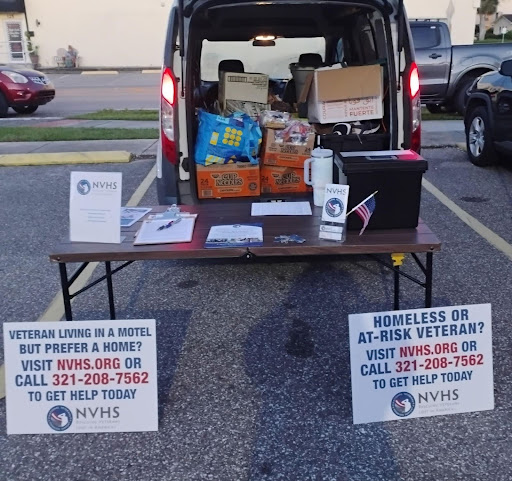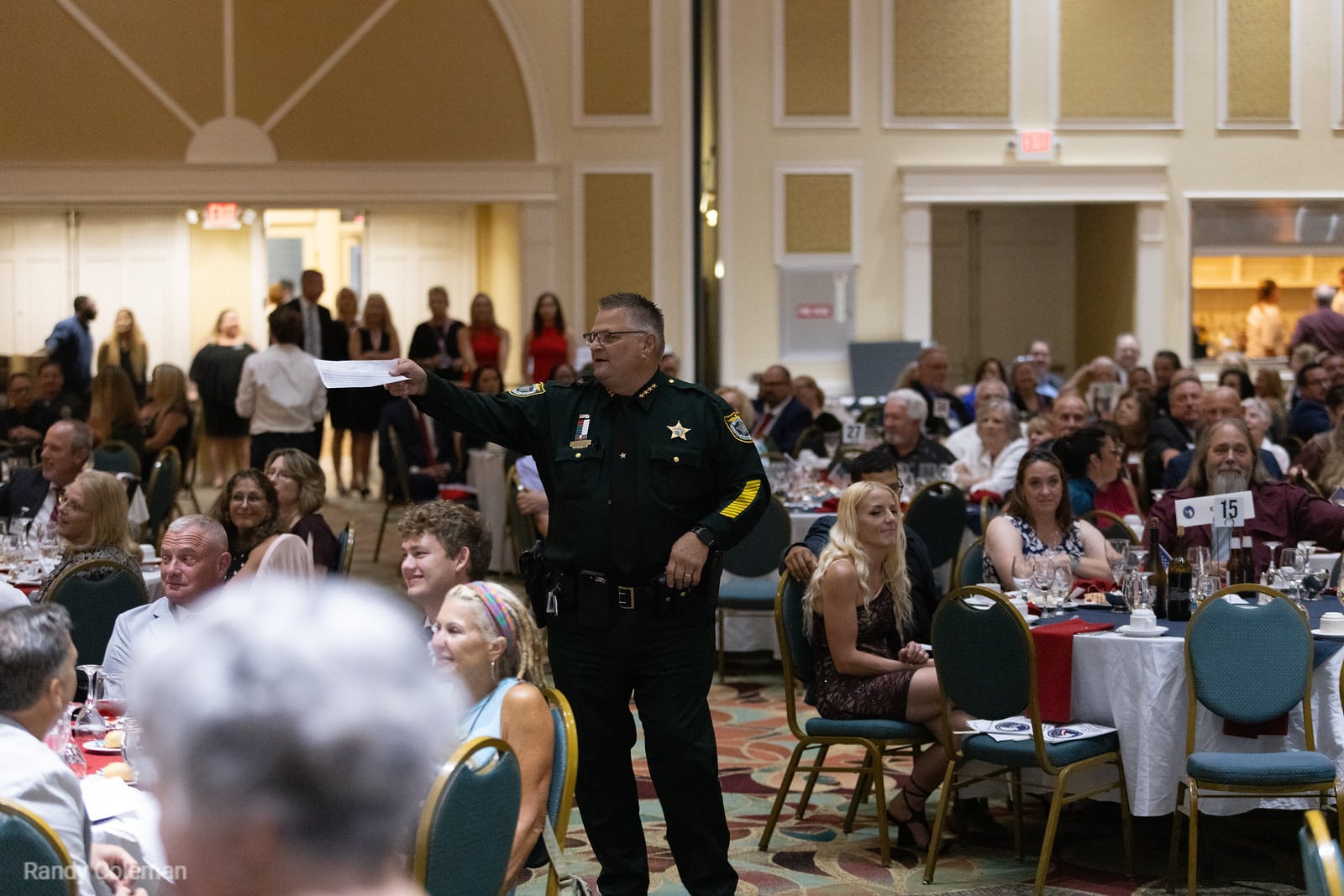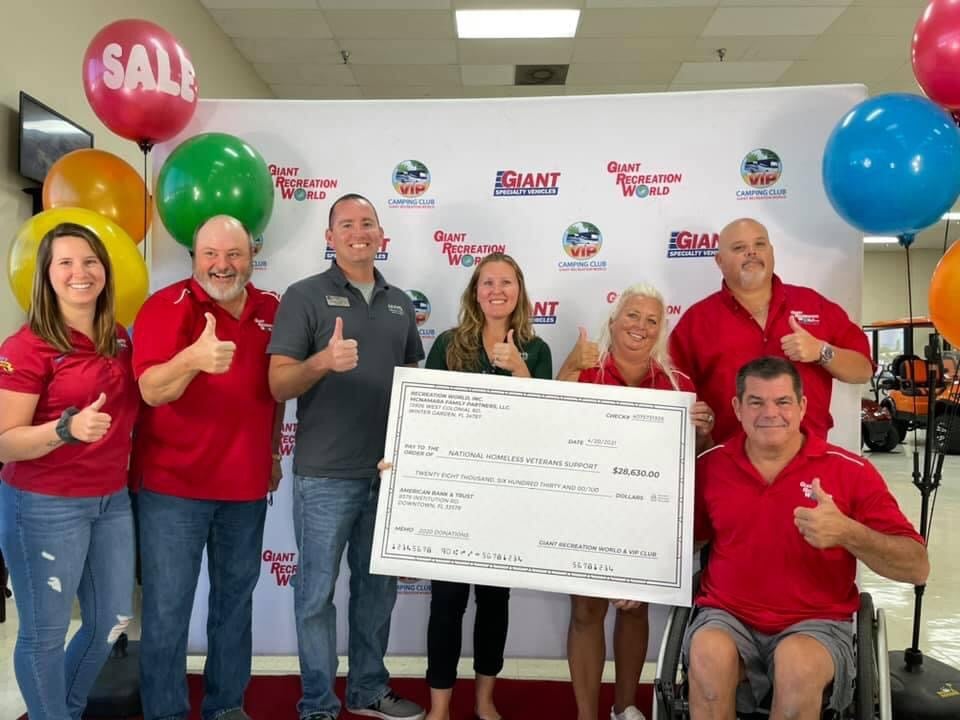Search & Rescue Program
A Lifeline for Heroes: Finding and Helping Homeless and At-Risk Veterans
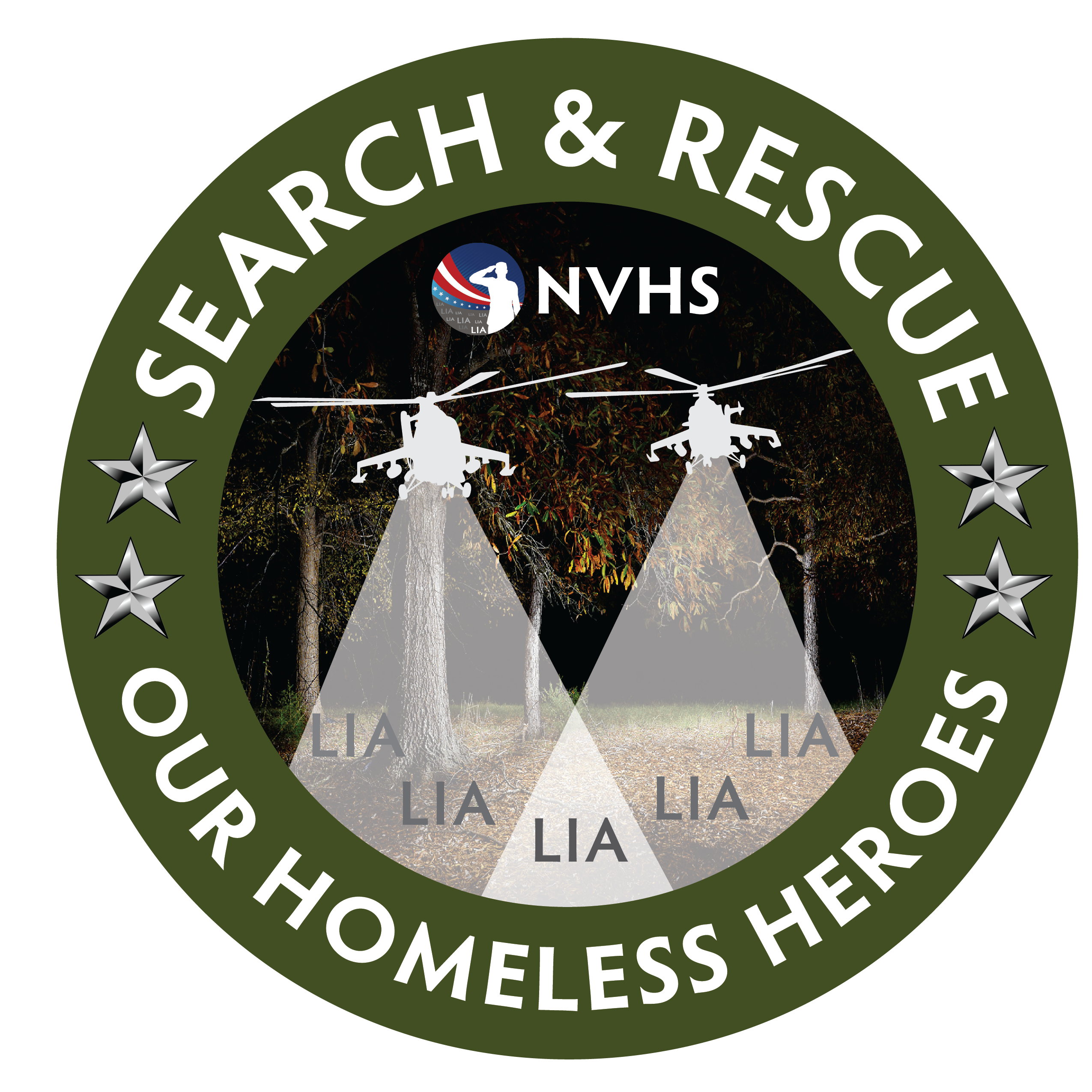
The Search and Rescue Program focuses on locating, engaging, and supporting veterans who are currently homeless or at risk of losing housing. Many veterans are navigating difficult circumstances such as financial strain, physical or mental health challenges, or emotional isolation after service. Some are living outdoors, sleeping in vehicles, or staying in temporary spaces without a sustainable plan. Others are a single unexpected bill away from eviction, which creates ongoing anxiety that makes it difficult to think about anything else.
The purpose of this program is to identify those individuals, provide immediate support, and guide them toward resources that lead to stability. Our approach is proactive. We do not wait for veterans to come to us. We actively go into the community to find them. This approach is rooted in respect, understanding, and awareness of the barriers veterans often face in seeking help. Many veterans were trained to handle pressure silently. Asking for assistance can feel like losing control. Meeting them where they are makes support feel accessible and grounded in dignity.
This program is about helping veterans reclaim safety, stability, and the foundation needed to rebuild on their own terms. The goal is always empowerment, not dependency. With support, veterans begin to see the possibility of a life that feels secure and manageable again. Reach out now and begin your journey today with support that meets you where you are and helps you move forward with confidence.
Locating and Engaging Veterans Where They Are
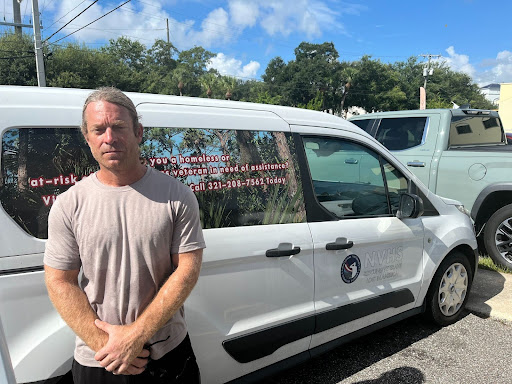 The first step in supporting a veteran experiencing homelessness is making direct contact. Our team regularly goes to areas where unsheltered veterans are known to seek refuge. These areas can include wooded encampments, sidewalks near commercial properties, abandoned structures, underpasses, public parks, and vehicles parked in quiet areas. Many of these spaces are isolated. Finding these individuals requires persistence and familiarity with the local community landscape.
The first step in supporting a veteran experiencing homelessness is making direct contact. Our team regularly goes to areas where unsheltered veterans are known to seek refuge. These areas can include wooded encampments, sidewalks near commercial properties, abandoned structures, underpasses, public parks, and vehicles parked in quiet areas. Many of these spaces are isolated. Finding these individuals requires persistence and familiarity with the local community landscape.
We approach every interaction with patience and respect. Some veterans may be cautious at first. Past experiences may have left them hesitant to trust systems or organizations. That is why we listen before offering solutions. The conversation starts with acknowledgment. We recognize the difficulty of their situation and affirm their value as individuals and as veterans. Once trust begins to form, we work collaboratively to understand what the veteran needs to feel safe and supported.
After the initial conversation, we begin planning the next step. This often involves encouraging the veteran to move to a safer location or offering assistance that helps reduce immediate stress. Stabilizing the situation allows the veteran to think more clearly and make decisions with support rather than fear.
This is where the transition to immediate assistance begins.
Immediate, Practical Support When It Matters Most
The Search and Rescue Program prioritizes immediate, essential needs. Veterans who are unsheltered often face severe weather exposure, lack of consistent nutrition, limited access to hygiene facilities, and interrupted sleep. These conditions can lead to physical health issues, increased stress, and difficulty staying grounded. Addressing basic needs first helps restore a sense of physical and emotional safety.
This may include:
- Food and water
- Clothing suitable for weather conditions
- Hygiene items and basic care essentials
- Sleeping gear, like blankets or sleeping bags
- Transportation to shelters or service locations
- Motel vouchers when a safe shelter is not immediately available
Meeting these needs is the foundation for long-term progress. When veterans no longer have to worry about where they will sleep or how they will eat, they are better able to consider next steps. This period of stabilization creates a window where planning for housing becomes possible. Without this phase, long-term solutions are much harder to begin.
Once immediate needs are addressed, we move forward to housing support. Let us help you access housing, mental health support, and employment opportunities that can transform your life.
Housing Pathways That Support Long-Term Stability
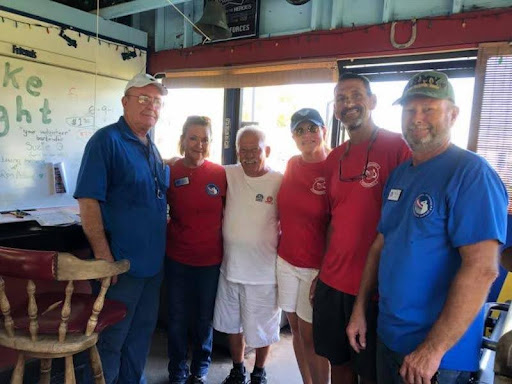 Housing is central to stability. Securing a safe living environment allows veterans to begin rebuilding control and routine. The Search and Rescue Program works closely with veterans to identify and pursue a housing plan that fits their unique needs and situation. Some veterans require quick emergency placement. Others may need structured transitional housing before moving into independent living. Every path is individualized.
Housing is central to stability. Securing a safe living environment allows veterans to begin rebuilding control and routine. The Search and Rescue Program works closely with veterans to identify and pursue a housing plan that fits their unique needs and situation. Some veterans require quick emergency placement. Others may need structured transitional housing before moving into independent living. Every path is individualized.
Housing support may include:
- Emergency shelter support for immediate safety
- Transitional housing that offers structure and support
- Assistance with applications for permanent housing programs
- Help securing an apartment or rental housing
- Support with deposits, essential move-in items, and household setup
Our support does not end once the veteran is housed. We remain involved to help the transition go smoothly. Adjusting to stable housing can be an emotional process. Some veterans may need help navigating budgeting, communication with landlords, or building daily structure. Continued follow-up prevents setbacks and supports long-term success.
Housing is not the final goal. It is the foundation that allows everything else to begin.
Financial Stability and Confidence for Long-Term Success
Financial strain is one of the most common contributors to homelessness. Veterans may be dealing with inconsistent income, debt, limited financial literacy guidance, or challenges accessing employment. The Search and Rescue Program provides practical financial support that is focused on skill building, stability, and self-sufficiency.
Financial empowerment support may include:
- One-on-one budget planning
- Credit awareness and improvement strategies
- Debt management referrals
- Financial safety planning to prevent future housing crises
This support helps veterans understand and manage their financial lives in a way that feels achievable. The goal is not perfection. The goal is progress and confidence. When veterans feel capable of managing their money, the foundation for long-term housing stability strengthens significantly. Reach out now and take advantage of services designed to give veterans a safe, supportive, and sustainable path forward.
Mental Health, Recovery, and Navigating Life After Service
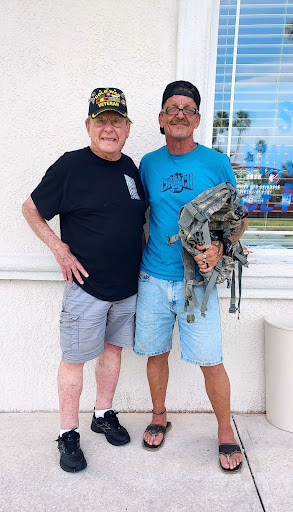 Many veterans carry emotional and psychological weight from service. Some are coping with trauma, stress responses, depression, or substance use challenges. The Search and Rescue Program ensures veterans have access to supportive services that understand the unique context of military experience. Veterans are not expected to navigate these challenges alone.
Many veterans carry emotional and psychological weight from service. Some are coping with trauma, stress responses, depression, or substance use challenges. The Search and Rescue Program ensures veterans have access to supportive services that understand the unique context of military experience. Veterans are not expected to navigate these challenges alone.
Support may include:
- Referrals for counseling and mental health services
- Access to recovery programs and peer communities
- Emotional support through consistent check-ins and mentoring
This stage focuses on restoring internal stability and strengthening self-understanding. Healing is gradual. It requires support, consistency, and patience. Veterans are encouraged to move at a pace that respects their readiness and personal comfort.
Employment, Purpose, and Community Contribution
Meaningful work plays an important role in rebuilding identity and independence. Veterans often possess valuable training, adaptability, leadership ability, and technical skills. Translating those strengths into civilian employment can be challenging without guidance. The Search and Rescue Program helps veterans navigate this transition with clear and steady support.
Employment support may include:
- Assistance with resumes and applications
- Preparation for interviews and workplace expectations
- Connection to veteran-supportive employers
- Access to training, certifications, and skill development programs
Employment provides structure, purpose, and renewed confidence. It also strengthens long-term stability by supporting consistent income and a sense of forward momentum.
Rebuilding Support Networks and Community Belonging
Homelessness can create isolation. Re-establishing community connection is a key part of sustained recovery. Support networks provide encouragement, accountability, shared understanding, and a place to feel seen. Veterans benefit from re-engaging with people who care about their well-being and progress.
Rebuilding connection can include reuniting with family when appropriate, participating in peer support spaces, or becoming involved in community activity. These relationships help veterans stay grounded and supported as they rebuild their lives. Connect with our team and take the first step toward rebuilding your life with housing, financial support, and trusted guidance from experts who understand veterans’ needs.
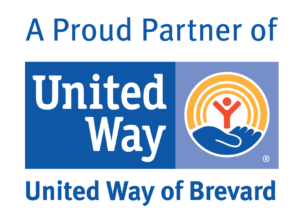
The Realities of Veteran Homelessness in Brevard County
Veterans in Brevard County face challenges many of us cannot imagine. After serving our country, some find themselves without stable housing, meals, or access to healthcare. Homelessness is not a statistic; it is a daily reality that affects physical health, emotional well-being, and the ability to reconnect with family and [...]
A Sheriff’s Perspective: What It Means to Serve Veterans Truly
A Sheriff's Perspective: What It Means to Serve Veterans Truly When we talk about serving veterans in Central Florida and beyond, we often think of ceremonies, salutes, or plaques on the wall. But for many of our nation's heroes, especially those facing homelessness, mental health challenges, or isolation, true service [...]
Giant Recreation World Supports NVHS
A big hug 🥰 and thanks to Giant Recreation World for their ongoing support and $28,630 donation! Special thanks to GRW's VIP Camping Club whose help has enabled ongoing support to NVHS year after year, with a total of $136,000 contributed since 2015!!! @https://m.facebook.com/GiantRecreationWorld/


